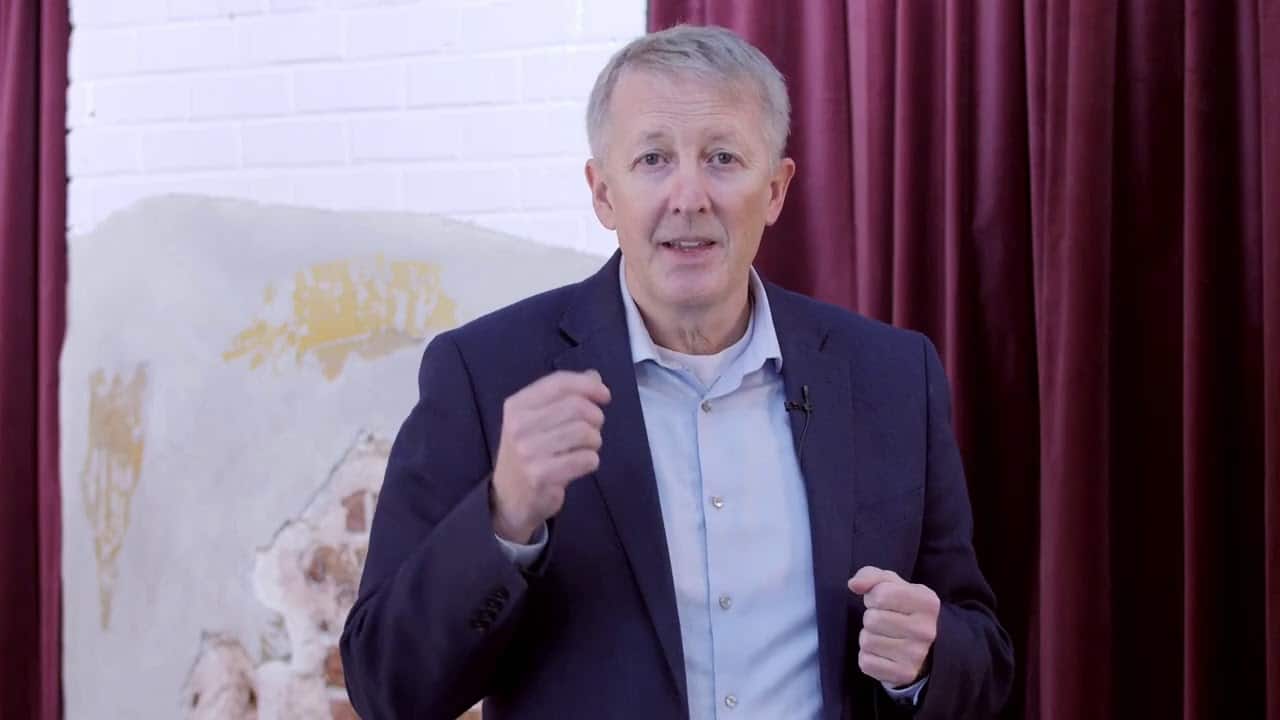*****
Summary of Transcript:
This YouTube video discusses how plants have microbiomes and how consuming 30 different plant species daily can improve the gut microbiome and potentially help with mental health issues. It also discusses the Old Friends Hypothesis, which is the idea that mammals have co-evolved with soil bacteria for millions of years, and how exposure to a diverse microbial environment can protect against allergic airway inflammation and potentially stress-induced inflammation. The video also discusses a study that found that injecting mice with a bacterium isolated from the soil could activate serotonin neurons in the brain and act like an antidepressant drug, as well as a more recent study that found that U.S. military veterans with PTSD and mild traumatic brain injury who received a live bacterium with anti-inflammatory properties had a reduced stress reactivity and a reduced biological signature of inflammation after exposure to a psychosocial stressor.
*****
Summary of Description:
Neuroscientist Christopher A. Lowry explains his research into the relationship between diet, mental health, and the microbiome, offering practical advice for preventing and treating depression, anxiety, and PTSD. He emphasizes the role of the microbiome-gut-brain axis in stress resilience, health, and disease. This talk was given at a TEDx event, an independently organized event that follows the TED conference format.
*****
The Gut-Brain Axis: Exploring the Relationship between Diet, Mental Health, and the Microbiome
Mental illness is a serious issue, and for many sufferers, the advice to “eat healthily and get some sunshine” can seem like an oversimplification of a complex problem. However, neuroscientist Christopher A. Lowry has been researching the link between diet, mental health, and the microbiome, and he offers some groundbreaking insights into the relationship between these three factors.
The Microbiome-Gut-Brain Axis
Lowry’s research focuses on interventions to prevent and treat disorders such as anxiety, depression, and post-traumatic stress disorder (PTSD). He has identified a connection between the microbiome, the gut, and the brain, which he calls the microbiome-gut-brain axis. He believes this axis is key to understanding how diet and mental health are related.
The Role of the Microbiome
Lowry explains that the microbiome is a complex system of bacteria, fungi, and other microorganisms that live in our bodies. He believes that these organisms play an important role in our mental health, as they can influence how our brains respond to stress. He has found that people with depression or anxiety often have an imbalance in their microbiome, which can lead to other symptoms.
The Benefits of Healthy Eating
Lowry’s research has also revealed the importance of eating a healthy diet. He explains that the foods we eat can influence the microbiome and that eating a balanced diet can help to restore balance to the microbiome-gut-brain axis. He recommends eating various fruits, vegetables, and whole grains and limiting processed foods and sugar.
Conclusion
Lowry’s research has shed light on the complex relationship between diet, mental health, and the microbiome. His findings suggest that eating a healthy diet and maintaining a balanced microbiome can help to prevent and treat mental illness. His research has the potential to revolutionize the way we approach mental health and offers hope to those suffering from depression, anxiety, and PTSD.
*****
Source Description
NOTE FROM TED: The relationship between diet, mental health, and the microbiome remains an ongoing field of study. Volunteers independently organized TEDx events. The guidelines we give TEDx organizers are described in more detail here: http://storage.ted.com/tedx/manuals/tedx_content_guidelines.pdf.
If you have a mental illness, you’ve probably heard this well-meaning advice: “Eat healthily & get some sunshine.” But do you know WHY this works? You won’t think about plants the same way again! In this mind-blowing talk, neuroscientist Christopher A. Lowry explains his cutting-edge research and offers practical advice for preventing & treating depression, anxiety, and post-traumatic stress disorder (PTSD). Christopher A. Lowry, Ph.D., is an Associate Professor of Integrative Physiology at the University of Colorado Boulder with a secondary appointment in the Department of Physical Medicine and Rehabilitation and Center for Neuroscience at the University of Colorado Anschutz Medical Campus. Dr. Lowry’s research program focuses on interventions for the prevention and treatment of disorders, including anxiety, depression, and PTSD, emphasizing the role of the microbiome-gut-brain axis in stress resilience, health, and disease. This talk was given at a TEDx event using the TED conference format but independently organized by a local community. Learn more at https://www.ted.com/tedx.
